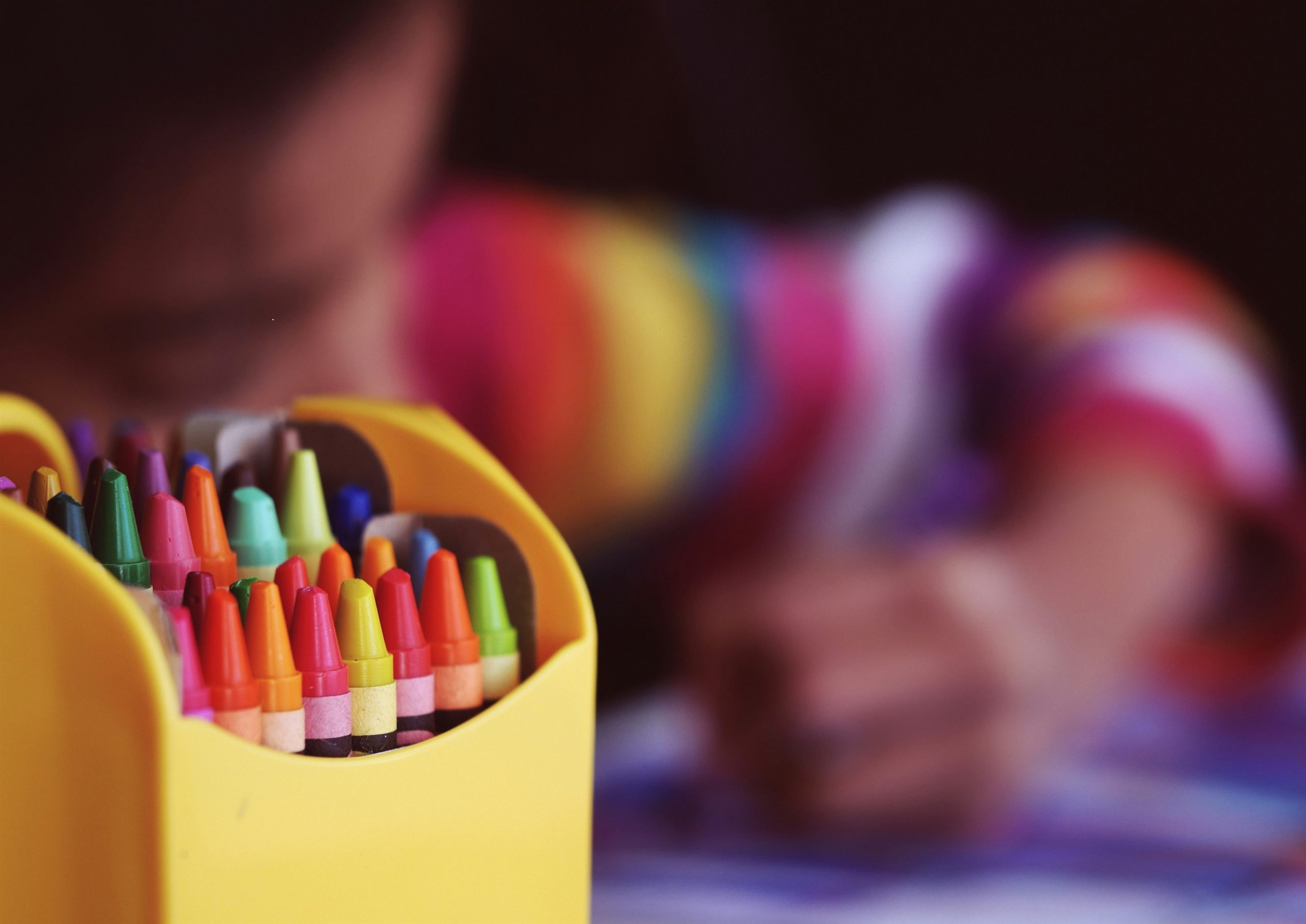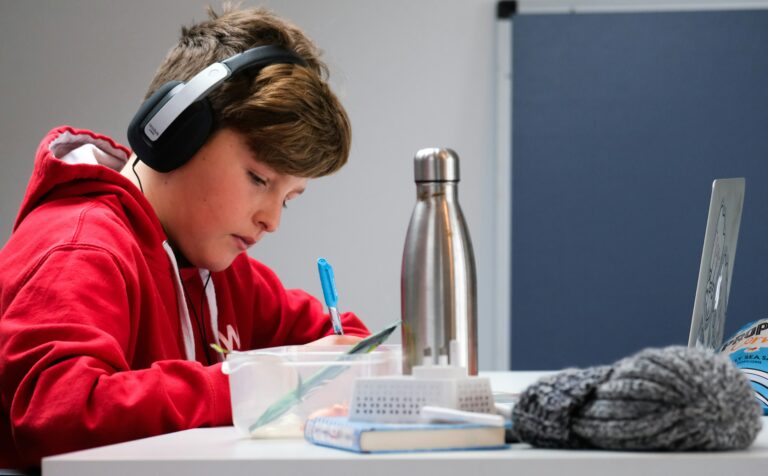
Starting school can be overwhelming for many children, but for neurodivergent kids, back-to-school transitions can be especially challenging. Parents can ease this shift with extra support, planning, and understanding. Here are practical tips for helping your child feel confident and supported when returning to school.
Keep Communication Open with Teachers and Staff
Have a heart-to-heart with your child’s teacher about what helps your child thrive. Sharing insights on ADHD strategies, sensory sensitivities, or learning supports ensures the school can better meet your child’s needs. Regular check-ins help everyone work as a team to support your child.
Build a Steady Back-to-School Routine
Consistent routines lower anxiety for neurodivergent children. Stick to predictable morning, mealtime, and bedtime schedules so your child feels more secure as they adjust to new classrooms and expectations.
Create a Sensory-Friendly School Environment
Many neurodivergent kids experience sensory overload during the school day. Tools like noise-canceling headphones, fidget toys, or a quiet corner at school can help them self-regulate when things feel overwhelming. Partner with teachers to build these supports into the classroom.
Use Visual Schedules and Social Stories
Visual cues and social stories prepare kids for classroom expectations and transitions. These tools help children understand what to expect, reducing stress when the reality of school doesn’t match what they imagined.
Encourage Friendships and Peer Support
Social connections matter. Setting up playdates or peer introductions before school starts can help your child ease into the social pressures of being “on” all day. Friendships with peers who share similar interests provide comfort and belonging.
Teach Self-Advocacy Skills Early
Empower your child to ask for help, share their needs, and speak up when they feel stuck. Learning self-advocacy not only builds confidence but also helps your child practice independence in and out of the classroom.
Celebrate Every Achievement, Big or Small
Positive reinforcement goes a long way. Celebrate your child’s wins — whether it’s finishing homework, participating in class, or trying something new. Recognition builds motivation, confidence, and self-esteem.
Every neurodivergent child is unique, so flexibility is key. By combining routines, sensory support, and open communication, parents can make back-to-school transitions smoother and more positive. If you’re looking for personalized strategies and guidance, consider exploring parent coaching or neurodivergence support services to create a plan tailored to your child’s needs.

